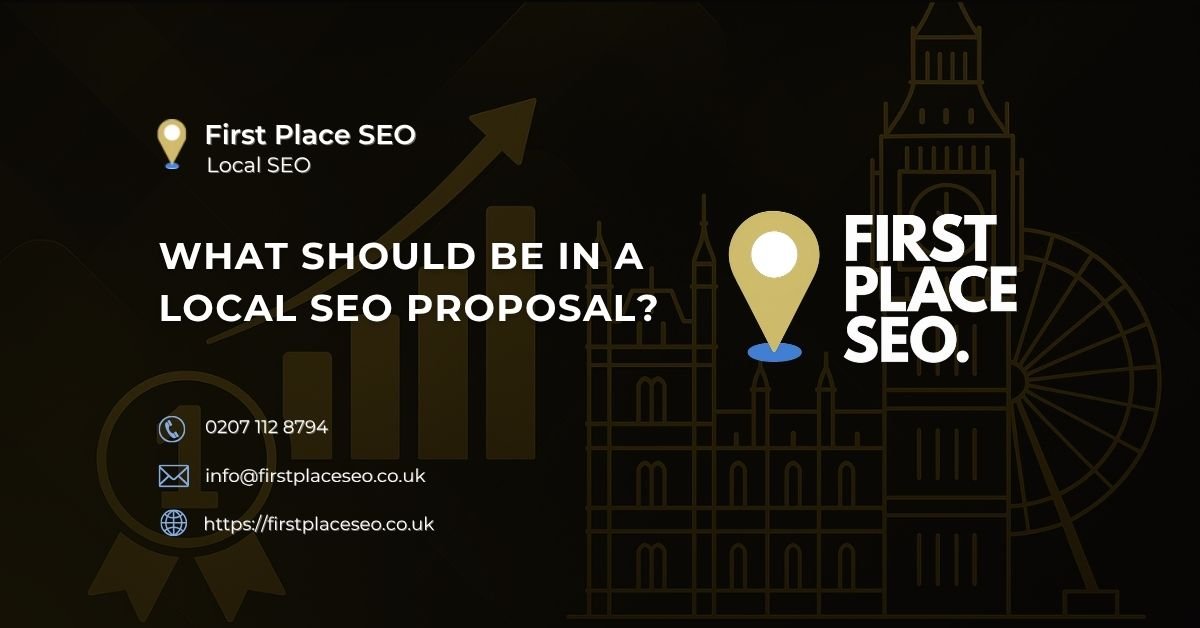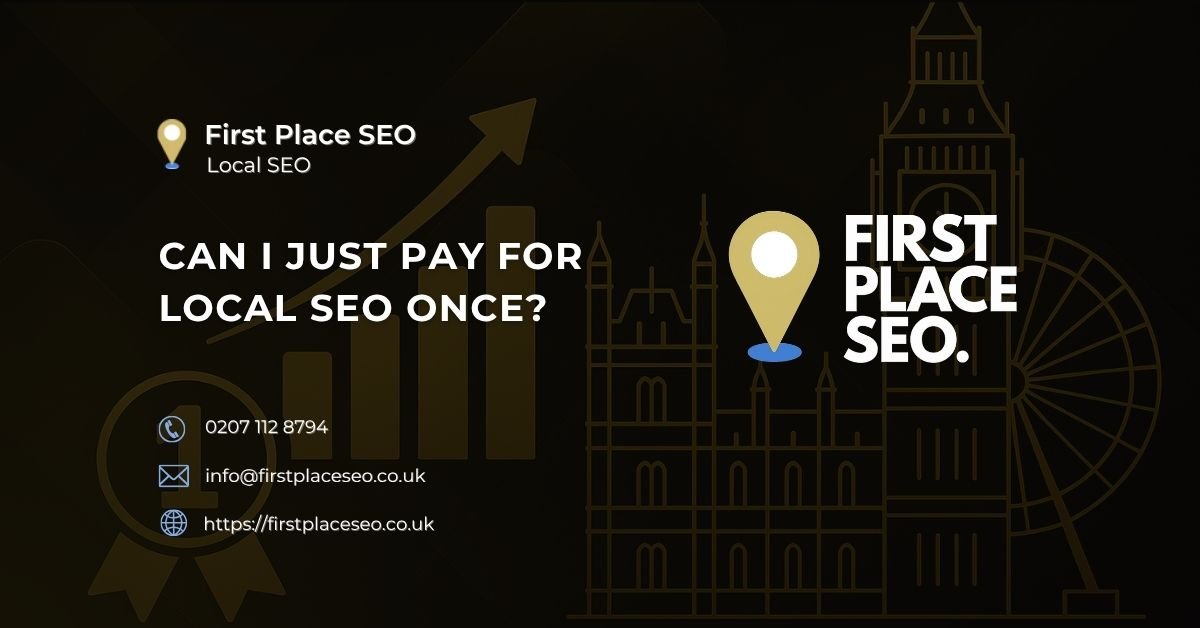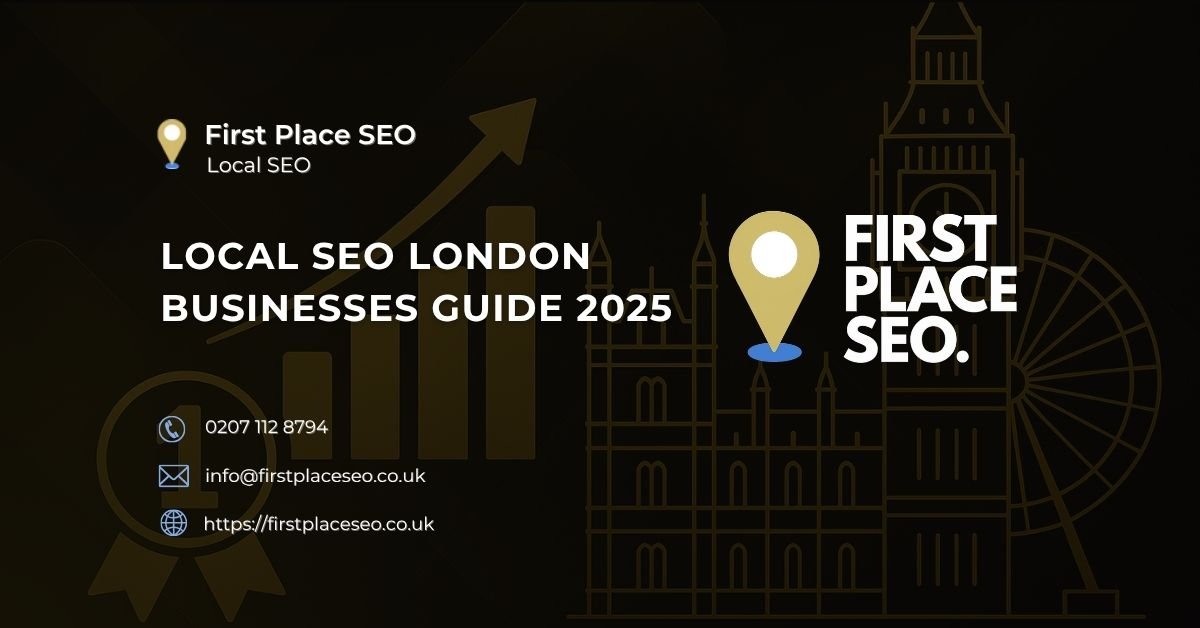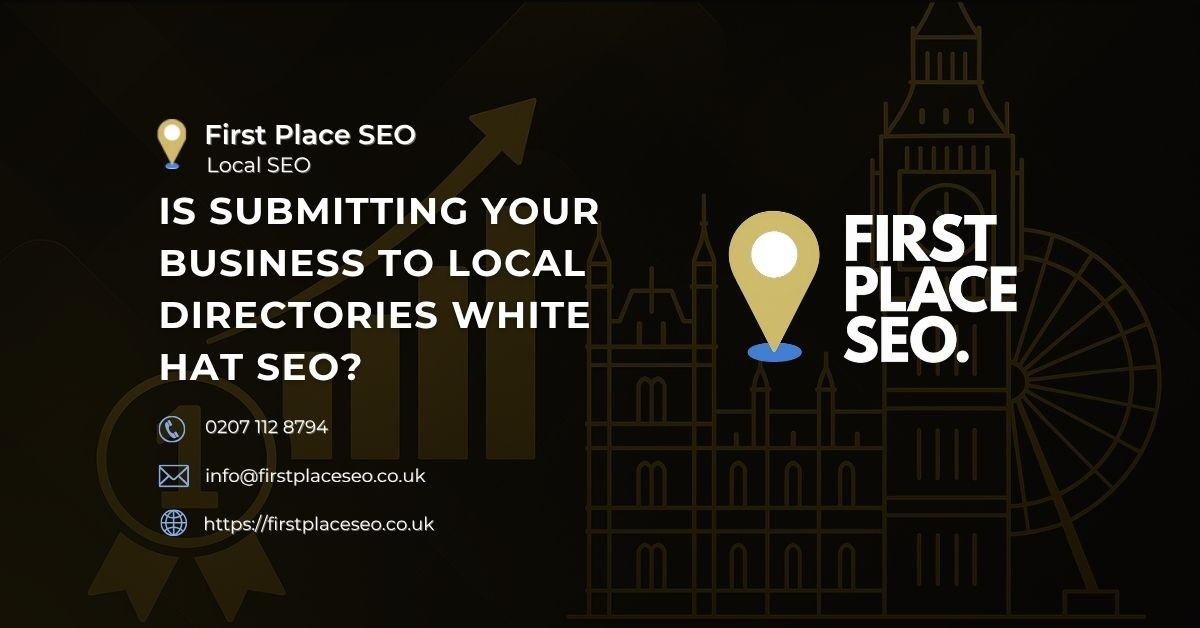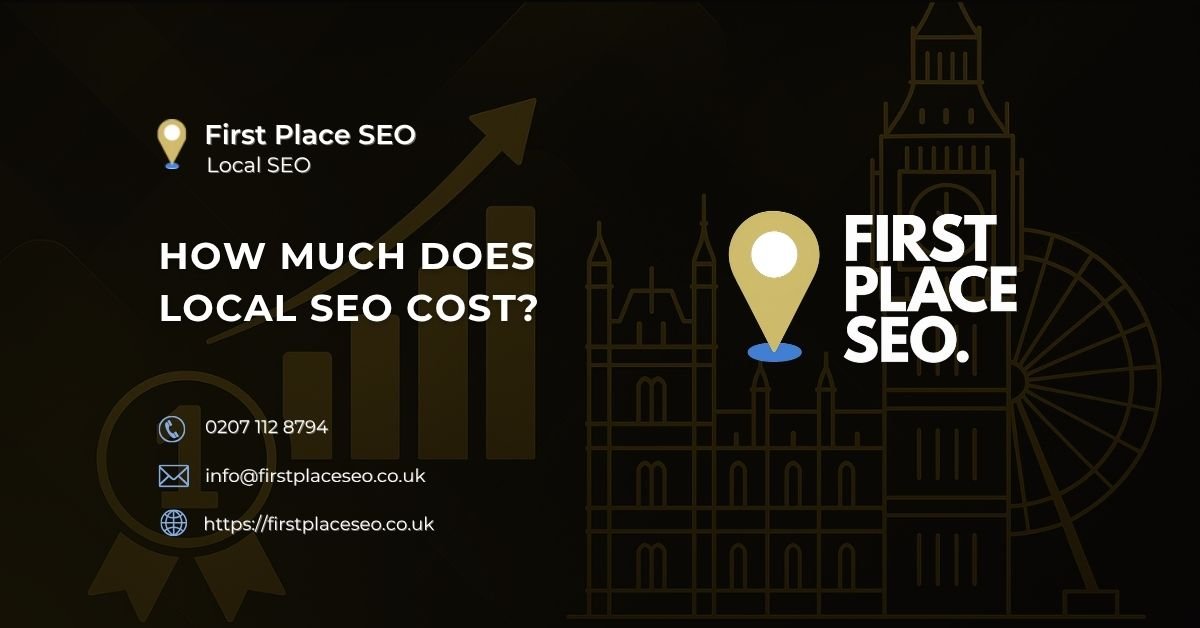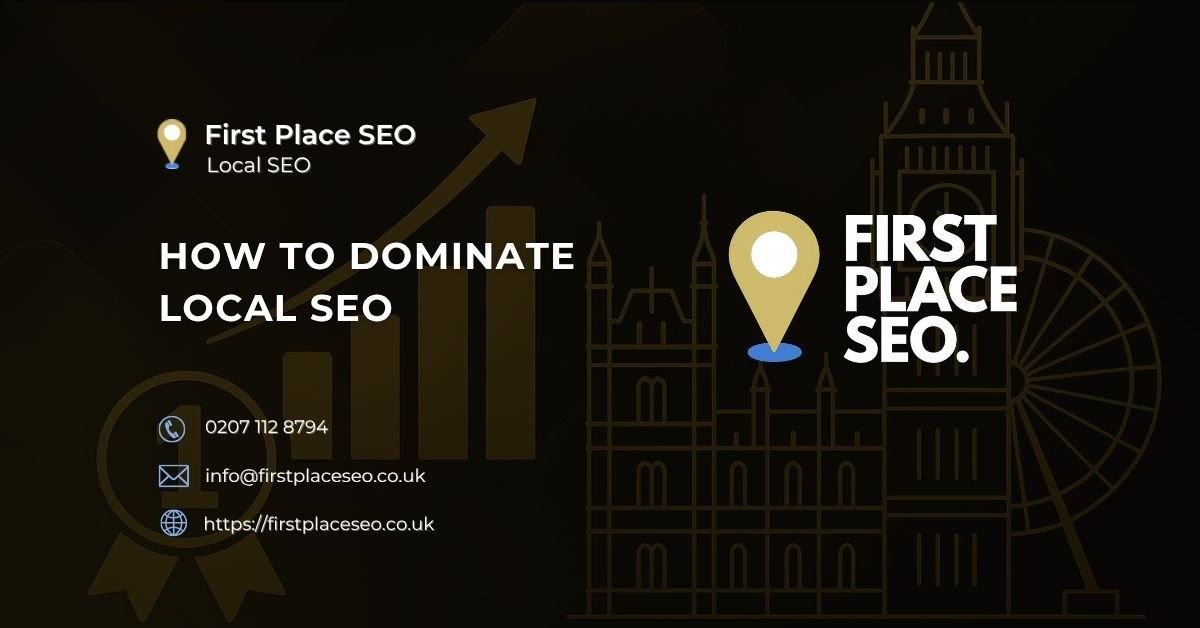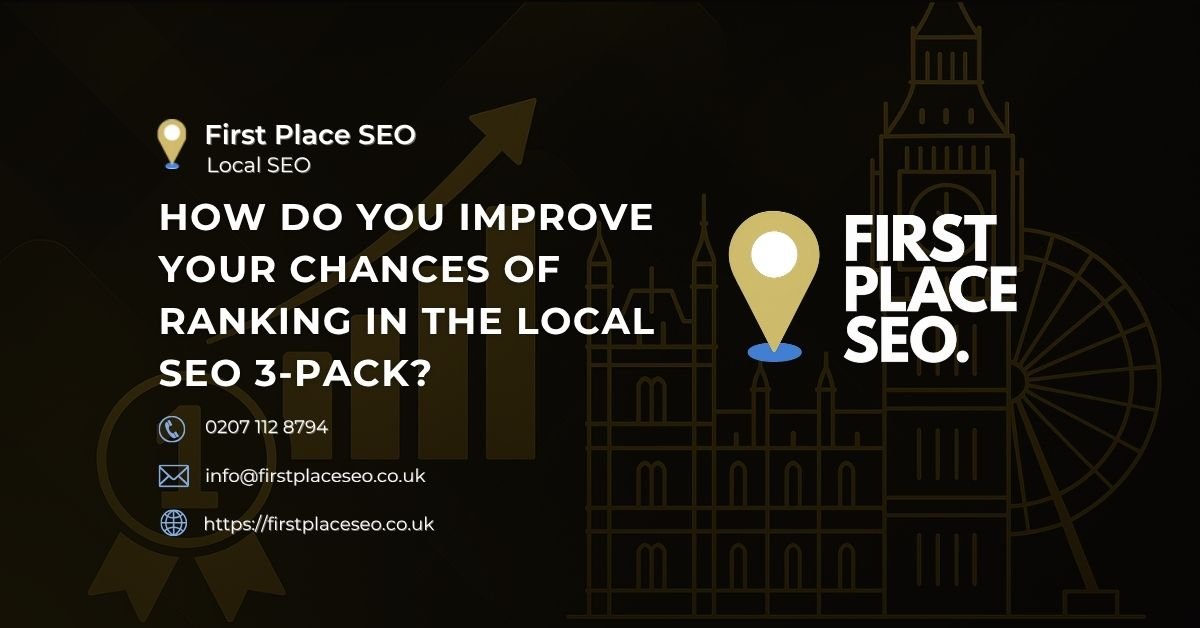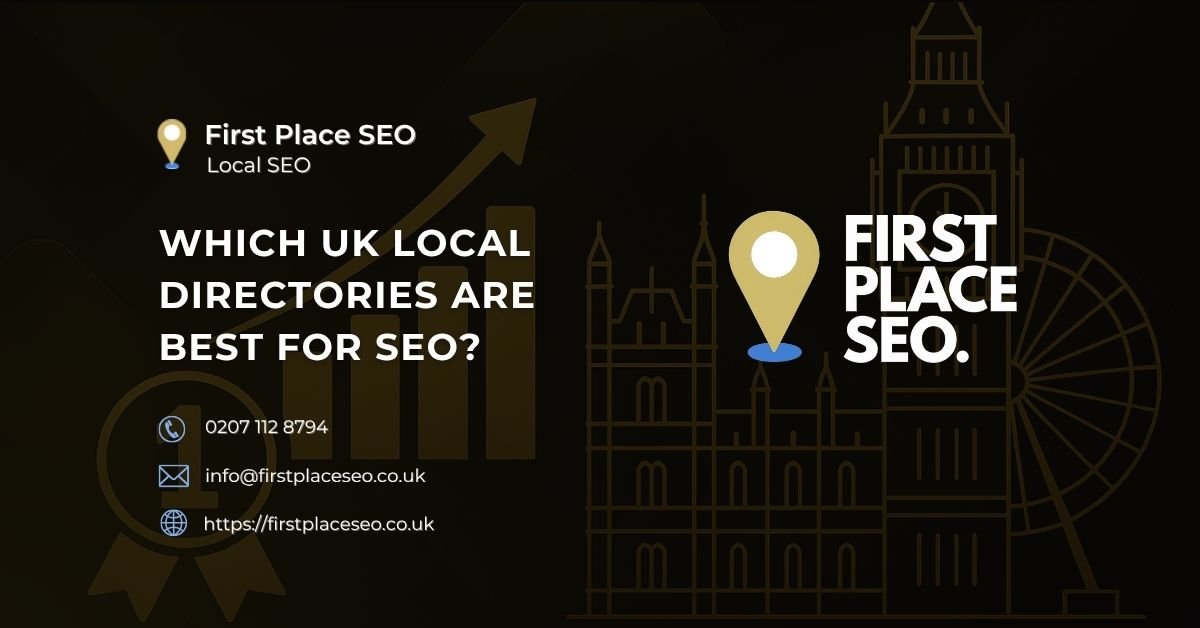How to Find Relevant Keywords
Finding relevant keywords for your content is essential for driving traffic and achieving SEO success. How can you find the right keywords that will boost your visibility and attract your target audience? This guide will walk you through effective methods and tools to uncover the most relevant keywords for your content strategy.
1. Basics of Keyword Research
To start with keyword research, you need to understand some fundamental concepts:
- Search Volume: The number of times a keyword is searched for.
- Search Term Difficulty: A measure of how hard it is to rank for a keyword.
- Search Relevance: How closely a keyword matches the content on your site.
2. Keyword Research Terminology
Familiarise yourself with key terms in keyword research:
- Short-Tail Keywords: Short and general keywords (e.g., “shoes”).
- Long-Tail Keywords: Longer, more specific search terms (e.g., “best running shoes for women”).
- LSI Keywords: Latent Semantic Indexing keywords are related terms that help search engines understand content context.
3. Keyword Research Process
The process of keyword research typically involves:
- Keyword Discovery: Start with a list of ideas relevant to your content.
- Using Tools: Utilise keyword tools to expand your list and gather data.
- Analysing Competitors: Look at what keywords your competitors are targeting.
- Refining Your List: Narrow down your list based on search volume, search term difficulty, and search relevance.
4. Role of Keywords in SEO
SEO keywords play a crucial role in SEO by helping search engines understand what your content is about. They bridge the gap between what people are searching for and the content you provide, ensuring that your pages appear in relevant search results.
5. Overview of Keyword Research Tools
Using keyword tools is vital for finding relevant keywords. Some of the most effective SEO tools include:
- Google Keyword Planner
- SEMrush
- Ahrefs
- Moz Keyword Explorer
- Ubersuggest
- KeywordTool.io
Google Keyword Planner
Google Keyword Planner is a free tool that helps you find keywords related to your business. It provides data on search volumes and search competition, making it a great starting point for keyword research.
SEMrush
SEMrush offers a comprehensive suite of tools for keyword research. It allows you to see search volumes, search term difficulty, and competitors’ high-value keywords, providing a wealth of information for your SEO strategy.
Ahrefs
Ahrefs is another powerful tool that lets you analyse competitor high-value keywords, see search volumes, and assess search term difficulty. It’s particularly useful for discovering new SEO opportunities.
Moz Keyword Explorer
Moz Keyword Explorer helps you find and prioritise the best keywords for your SEO strategy. It provides insights into search volume, search term difficulty, and organic CTR, helping you make data-driven decisions.
Ubersuggest
Ubersuggest is a user-friendly tool that provides search term suggestions, search volumes, and search competition data. It’s a great option for beginners and those looking for a straightforward tool.
KeywordTool.io
KeywordTool.io generates search term suggestions by using Google’s autocomplete feature. It’s useful for finding specific search terms and getting ideas for new content.
6. Competitor Analysis Overview
Analysing your competitors’ high-value keywords can give you valuable insights and reveal opportunities you might have missed. Tools like Ahrefs and SEMrush make it easy to see what keywords your competitors are ranking for.
Identifying Competitors
Start by identifying your main competitors. These are businesses or websites that target the same audience and offer similar products or services. Use SEO tools to analyse their keyword strategies and discover new opportunities.
Tools for Competitor Analysis
Some effective tools for competitor keyword analysis include:
- Ahrefs
- SEMrush
- SpyFu
Analysing Competitor Keywords
Look at the high-value keywords your competitors are targeting and how they rank for them. Identify gaps in their strategy that you can exploit and find opportunities to improve your own keyword targeting.
Keyword Gap Analysis
Keyword gap analysis involves identifying keywords your competitors rank for that you do not. This can reveal valuable SEO opportunities that you can target to improve your SEO performance.
Learning from Competitors
By studying your competitors’ keyword strategies, you can learn what works and what doesn’t. Apply these insights to your own strategy to improve your keyword targeting and overall SEO performance.
7. Understanding Search Intent
Search intent refers to the reason behind a search query. Understanding search intent is crucial for selecting the right keywords and creating content that meets users’ needs.
Types of Search Intent
There are four main types of search intent:
- Informational: The user is looking for information (e.g., “how to bake a cake”).
- Navigational: The user is looking for a specific website (e.g., “Facebook login”).
- Transactional: The user wants to make a purchase (e.g., “buy running shoes”).
- Commercial Investigation: The user is considering a purchase and researching options (e.g., “best laptops 2024”).
Identifying User Intent
Use tools like Google Analytics and Search Console to understand what users are looking for when they visit your site. Analyse search queries to determine the intent behind them and create content that meets those needs.
Aligning Content with Search Intent
Ensure your content aligns with the user intent of your target keywords. If a keyword has informational intent, create educational content. If it has transactional intent, focus on product pages and calls to action.
Tools for Search Intent
Tools like SEMrush and Ahrefs can help you analyse search intent by providing insights into the types of queries users are making and the content that ranks for those queries.
Search Intent and SEO
Understanding and aligning with search intent can improve your SEO by ensuring that your content meets users’ needs. This can lead to higher rankings, more traffic, and better engagement.
8. What are Long-Tail Keywords?
Long-tail keywords are longer and more specific search term phrases. They usually have lower search volume but higher conversion rates because they target more specific queries.
Benefits of Long-Tail Keywords
Long-tail keywords are less competitive, making them easier to rank for. They also tend to have higher conversion rates because they match more specific user intent.
Identifying Long-Tail Keywords
Use tools like Google Keyword Planner, Ahrefs, and Ubersuggest to find long-tail keywords. Look for specific phrases that are relevant to your content and have lower competition.
Optimising Content for Long-Tail Keywords
Incorporate long-tail keywords naturally into your content. Focus on creating detailed and valuable content that matches the specific intent behind the long-tail keywords.
Long-Tail Keywords in PPC
Using long-tail keywords in PPC campaigns can improve your ad relevance and lower your cost-per-click. They help you target more specific queries, leading to higher conversion rates.
Long-Tail Keywords and Conversion Rates
Long-tail keywords often have higher conversion rates because they match more specific user queries. Users who search for long-tail keywords are usually further along in the buying process and more likely to convert.
Introduction to Local SEO
Local SEO focuses on optimising your website to rank better for a local audience. It involves targeting location-specific keywords and optimising your online presence for local searches.
Conducting Local Keyword Research
Use tools like Google Keyword Planner and Moz Local to find keywords relevant to your local audience. Include geographic terms in your keywords to target local searches.
Tools for Local Keyword Research
Some effective tools for local keyword research include:
- Moz Local
- Google Keyword Planner
- Ahrefs
Optimising for Local Search
Optimise your website for local search by including location-specific keywords, creating local content, and ensuring your business information is consistent across online directories.
Google My Business Optimisation
Claim and optimise your Google My Business listing. Ensure your business information is accurate, add photos, respond to reviews, and post updates to improve your local SEO.
Local SEO Case Studies
Look at examples of businesses that have successfully implemented local SEO strategies. Learn from their tactics and apply them to your own local SEO efforts.
Local Keywords and Mobile Search
Mobile search is crucial for local SEO. Ensure your website is mobile-friendly and optimise for keywords that local users might search for on their mobile devices.
Overview of Google Tools
Google offers a variety of tools that can help with keyword research, including Google Keyword Planner, Google Trends, and Google Search Console.
Google Keyword Planner
Google Keyword Planner is a free tool that helps you find keywords and see estimates of the searches they receive. It’s an essential tool for any keyword research strategy.
Google Trends
Google Trends allows you to see how search terms trend over time. It’s useful for identifying seasonal trends and understanding how search interest changes.
Google Search Console
Google Search Console provides data on how your site performs in Google Search. It helps you see which keywords drive traffic to your site and identify opportunities for improvement.
Google Analytics
Google Analytics offers insights into how users find and interact with your site. It helps you track the performance of your keywords and understand user behaviour.
Google Suggest
Google Suggest provides search term suggestions as you type a query into Google. It’s a great way to find specific search terms and understand what users are searching for.
Google Related Searches
Google Related Searches appear at the bottom of the search results page. They provide additional search term suggestions and help you expand your list of relevant keywords.
Google Alerts
Google Alerts allows you to set up alerts for specific keywords. It’s useful for monitoring your brand and staying updated on relevant topics.
Google My Business Insights
Google My Business Insights provides data on how users find your business online. It’s valuable for local keyword research and optimising your local SEO strategy.
Google Data Studio
Google Data Studio allows you to create custom reports and visualise your keyword data. It’s a powerful tool for tracking and analysing your keyword performance.
9. Understanding Keyword Trends
Keyword trends help you understand how search interest for specific terms changes over time. Tracking search trends can help you stay ahead of the competition and create timely content.
Identifying Keyword Trends
Use tools like Google Trends to identify keyword trends. Look for patterns in search interest and adjust your content strategy accordingly.
Seasonal Keyword Research
Conducting seasonal keyword research helps you identify keywords that are relevant during specific times of the year. This can help you optimise your content for peak search periods.
Tools for Tracking Trends
Some effective tools for tracking keyword trends include:
- Google Trends
- SEMrush
- Ahrefs
Google Trends for Seasonality
Google Trends is particularly useful for identifying seasonal keyword patterns. Use it to see how search interest changes throughout the year and plan your content calendar accordingly.
Seasonal SEO Strategies
Optimise your content for seasonal keywords by creating timely and relevant content. Update your existing content to reflect current trends and capitalise on seasonal search interest.
E-Commerce and Seasonal Keywords
Seasonal keywords are crucial for e-commerce businesses. Optimise your product pages and create seasonal promotions to attract more traffic during peak shopping periods.
Holiday SEO and Keywords
Holidays offer unique opportunities for keyword optimisation. Create content and promotions around holidays to capitalise on increased search interest and drive more traffic to your site.
Keyword Trends in Different Industries
Keyword trends can vary significantly across different industries. Stay updated on trends in your industry and adjust your keyword strategy to stay competitive.
Content Planning with Keyword Trends
Use keyword trends to plan your content calendar. Create content that aligns with current trends to attract more traffic and engage your audience.
Tracking Competitor Keyword Trends
Monitor how your competitors respond to keyword trends. Use tools to track their performance and identify opportunities to improve your own strategy.
Analysing Keyword Trend Data
Analyse keyword trend data to understand patterns and make informed decisions. Look for spikes in search interest and adjust your content strategy accordingly.
Adapting to Changing Trends
Be flexible and adapt your keyword strategy to changing trends. Stay updated on current trends and adjust your content to meet evolving user needs.
What is Content Optimisation?
Content optimisation involves improving your content to make it more attractive to search engines and users. It includes keyword placement, on-page SEO techniques, and ensuring your content meets user intent.
Keyword Placement Strategies
Place keywords strategically throughout your content. Include them in headings, subheadings, meta descriptions, and the body text to ensure they are prominent but not overused.
On-Page SEO Techniques
Use on-page SEO techniques to optimise your content. This includes using keywords in headings, optimising meta descriptions, adding alt text to images, and creating internal links.
Writing for SEO
Write content that is both informative and optimised for search engines. Use keywords naturally, create valuable content, and focus on user intent to improve your SEO performance.
Using Keywords in Headings
Incorporate keywords into your headings and subheadings. This helps search engines understand the structure of your content and improves its relevance for targeted keywords.
Meta Description Optimisation
Optimise your meta descriptions by including keywords and creating compelling summaries of your content. This can improve your click-through rates and attract more traffic.
10. Content Structure and Keywords
Structure your content to make it easy for users and search engines to understand. Use headings, subheadings, bullet points, and short paragraphs to improve readability and keyword optimisation.
Using Keywords in Images
Optimise your images by adding keywords to alt text, file names, and captions. This can improve your image search ranking and make your content more accessible.
Internal Linking Strategies
Use internal links to connect related content on your site. This helps search engines understand the context of your content and improves the user experience.

FAQs
How do I start keyword research? Start by brainstorming keywords related to your content. Use keyword research tools to expand your list and gather data on search volume and competition.
What tools can I use for keyword research? Some effective tools for keyword research include Google Keyword Planner, SEMrush, Ahrefs, Moz Keyword Explorer, and Ubersuggest.
How do I find long-tail keywords? Use tools like Google Keyword Planner, Ahrefs, and Ubersuggest to find long-tail keywords. Look for specific phrases that are relevant to your content and have lower competition.
Why is search intent important? Understanding search intent helps you select the right keywords and create content that meets users’ needs. It improves your SEO performance by ensuring your content is relevant and valuable.
How can I optimise my content for keywords? Place keywords strategically throughout your content. Include them in headings, subheadings, meta descriptions, and the body text. Ensure your content is valuable and meets user intent.
What is keyword cannibalisation? Keyword cannibalisation occurs when multiple pages on your site compete for the same keyword. This can harm your SEO performance. Identify and resolve these issues to improve your rankings.


